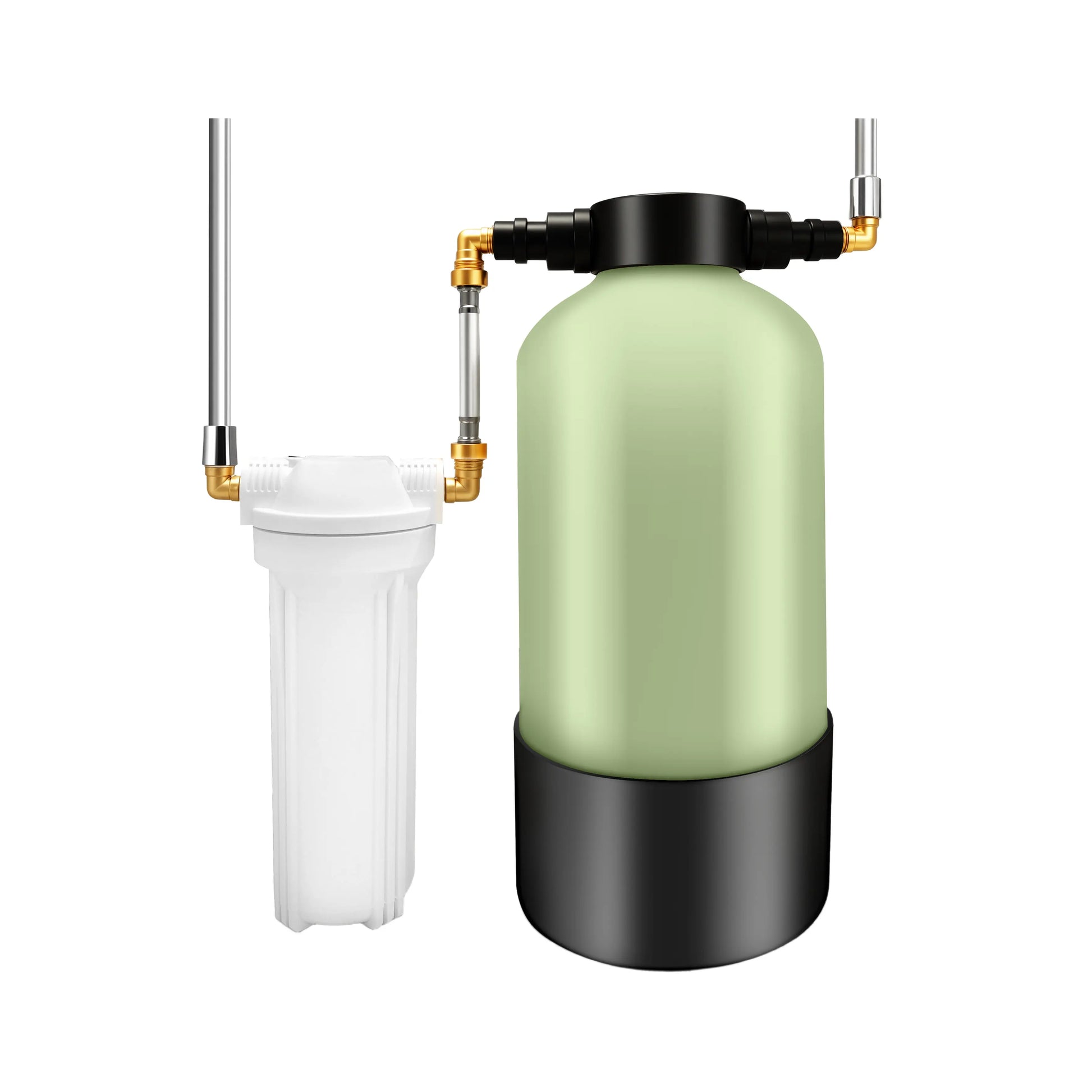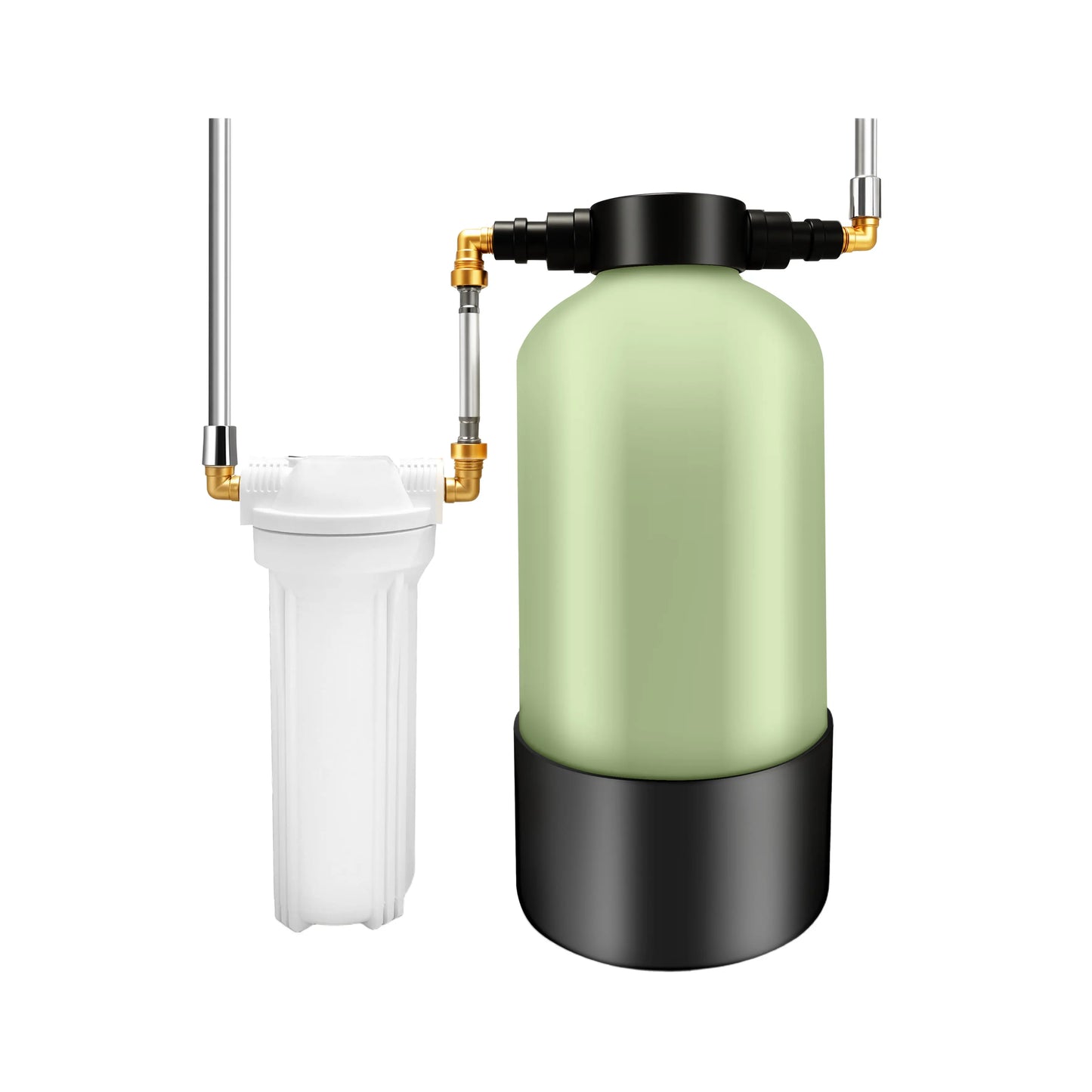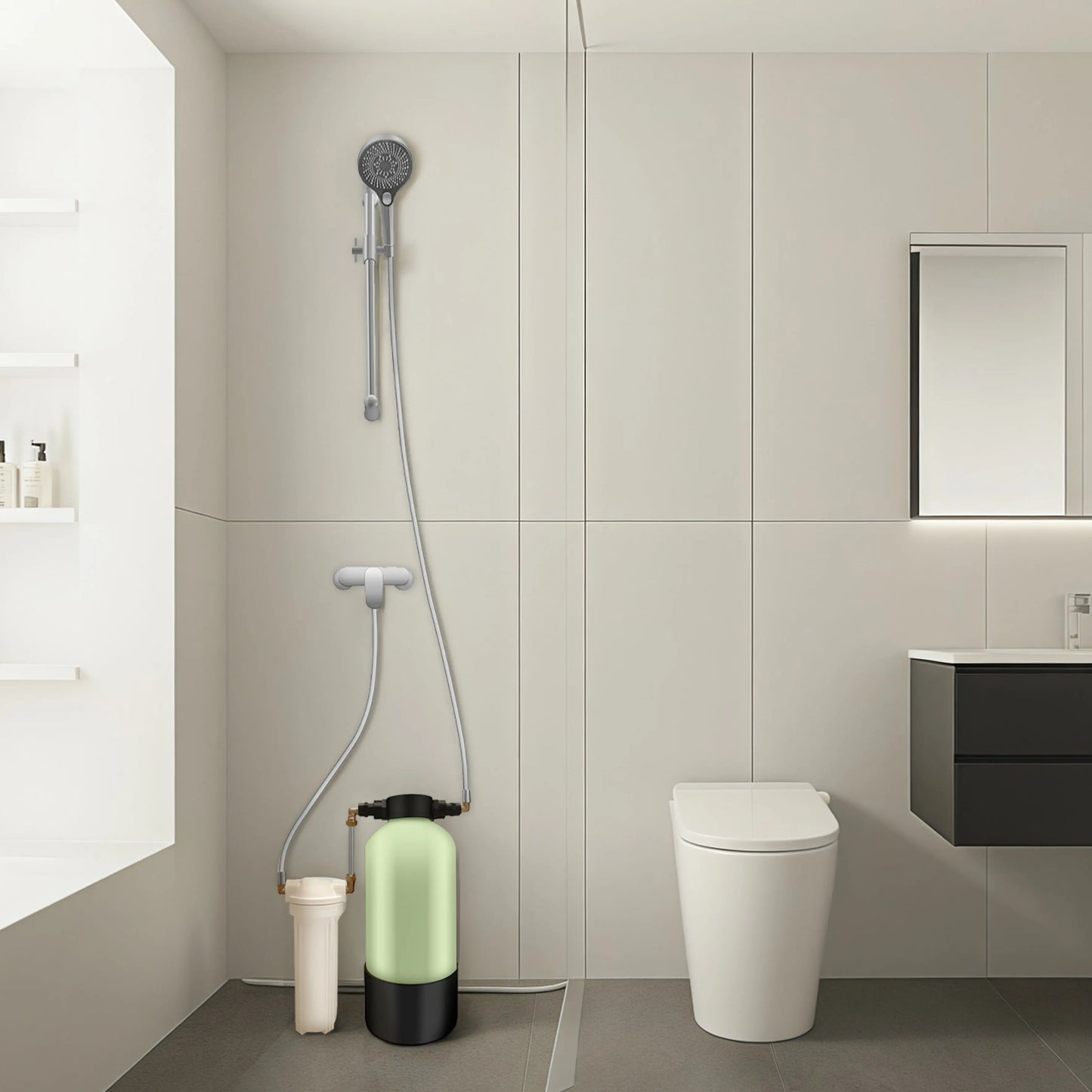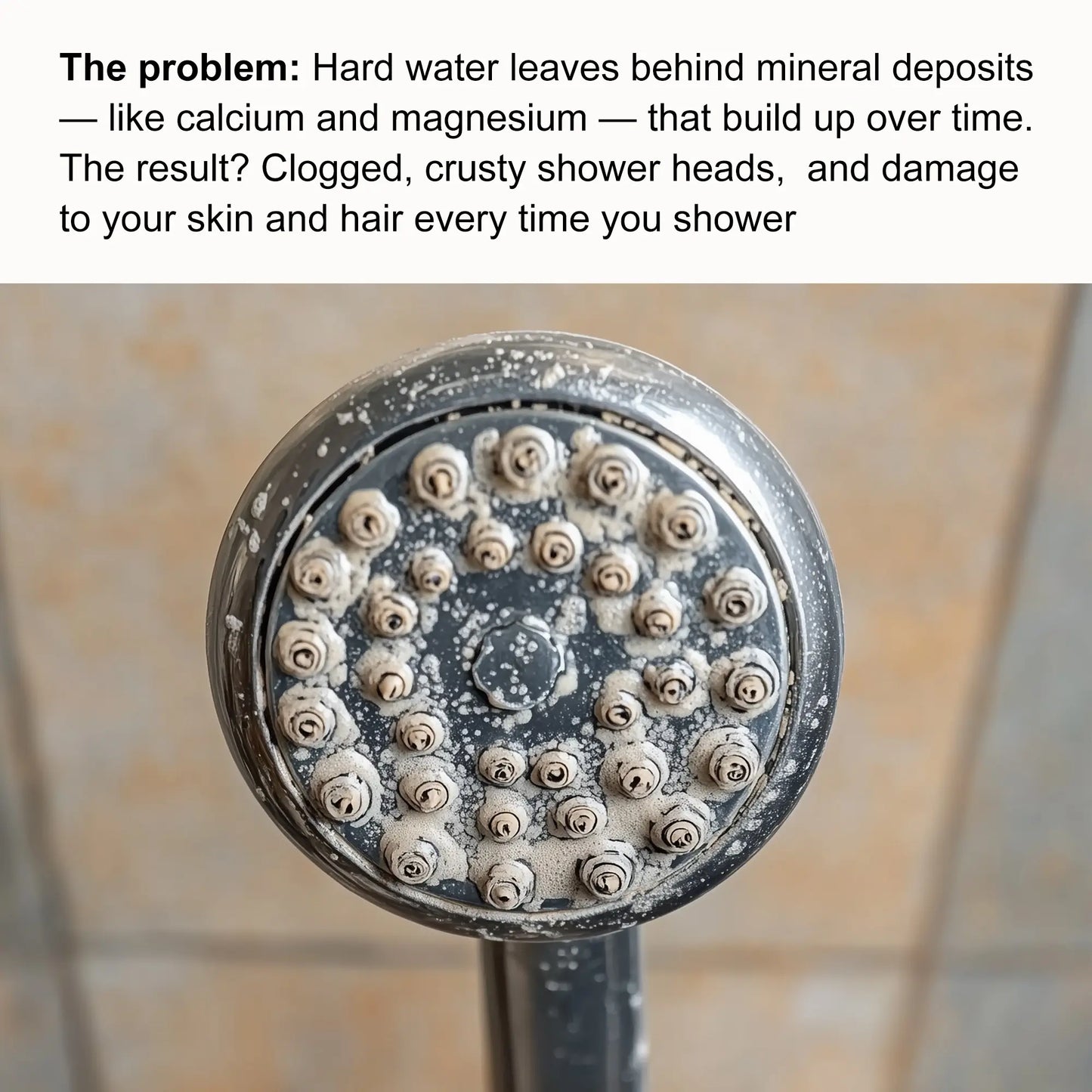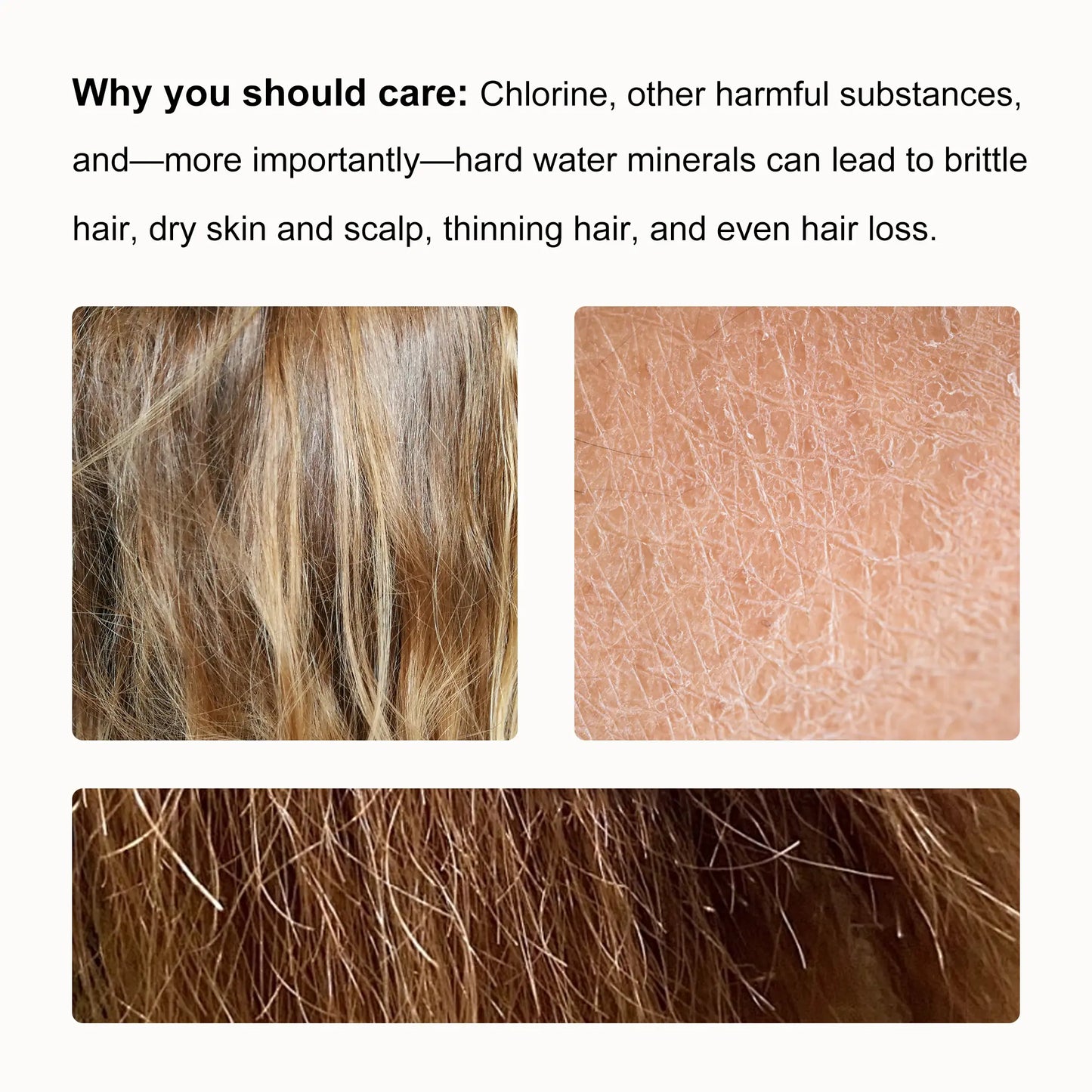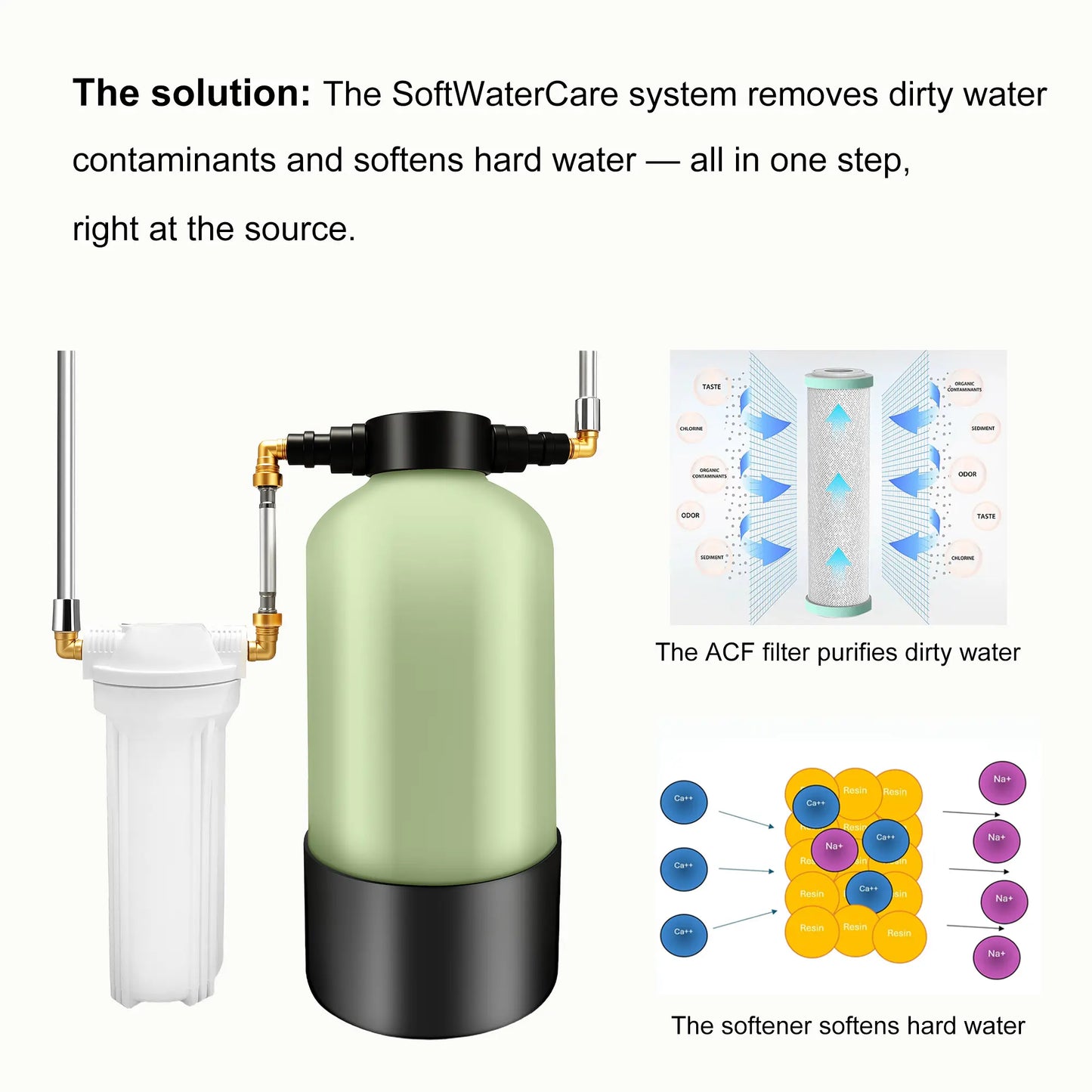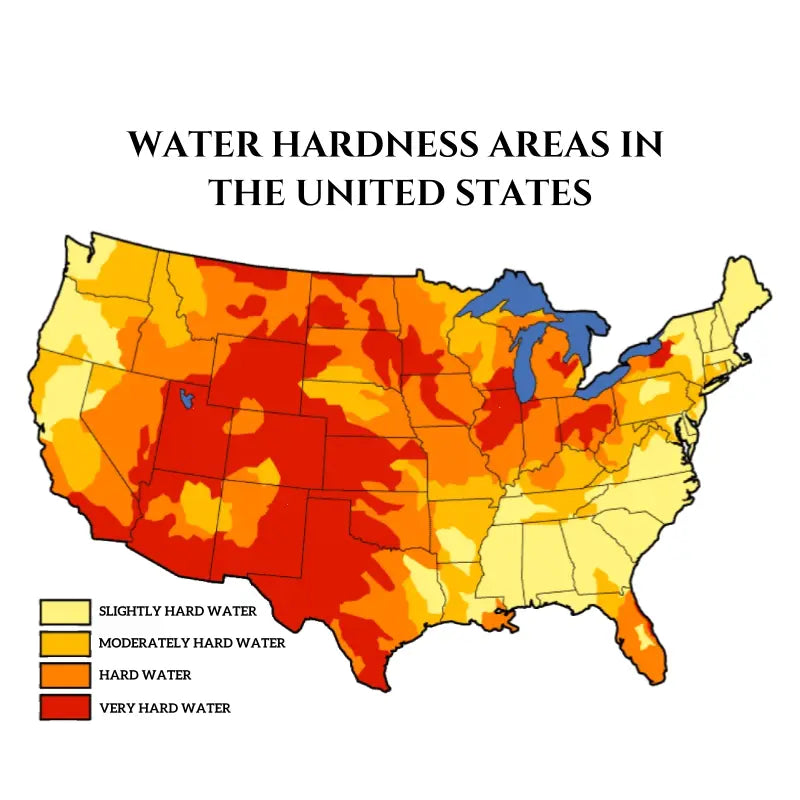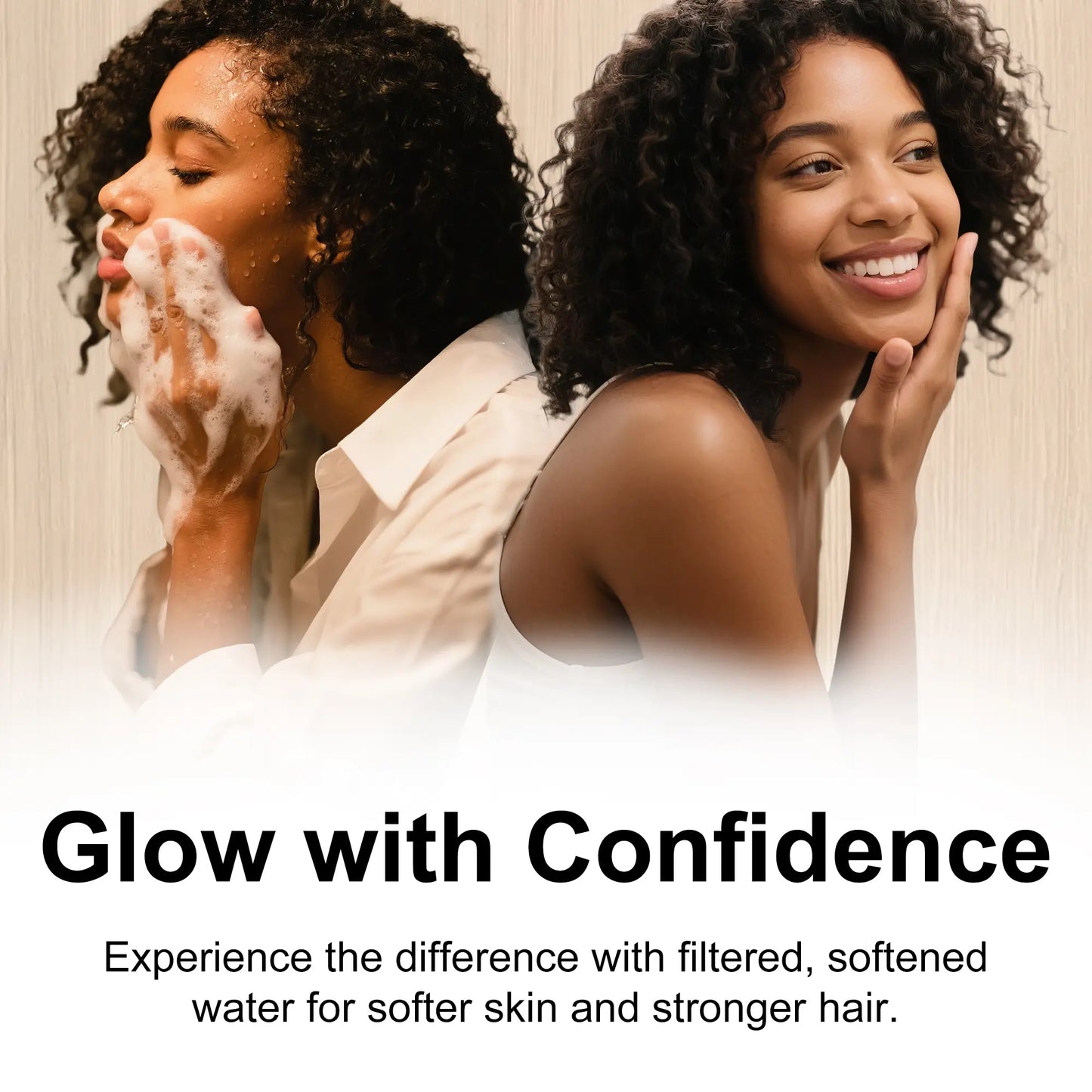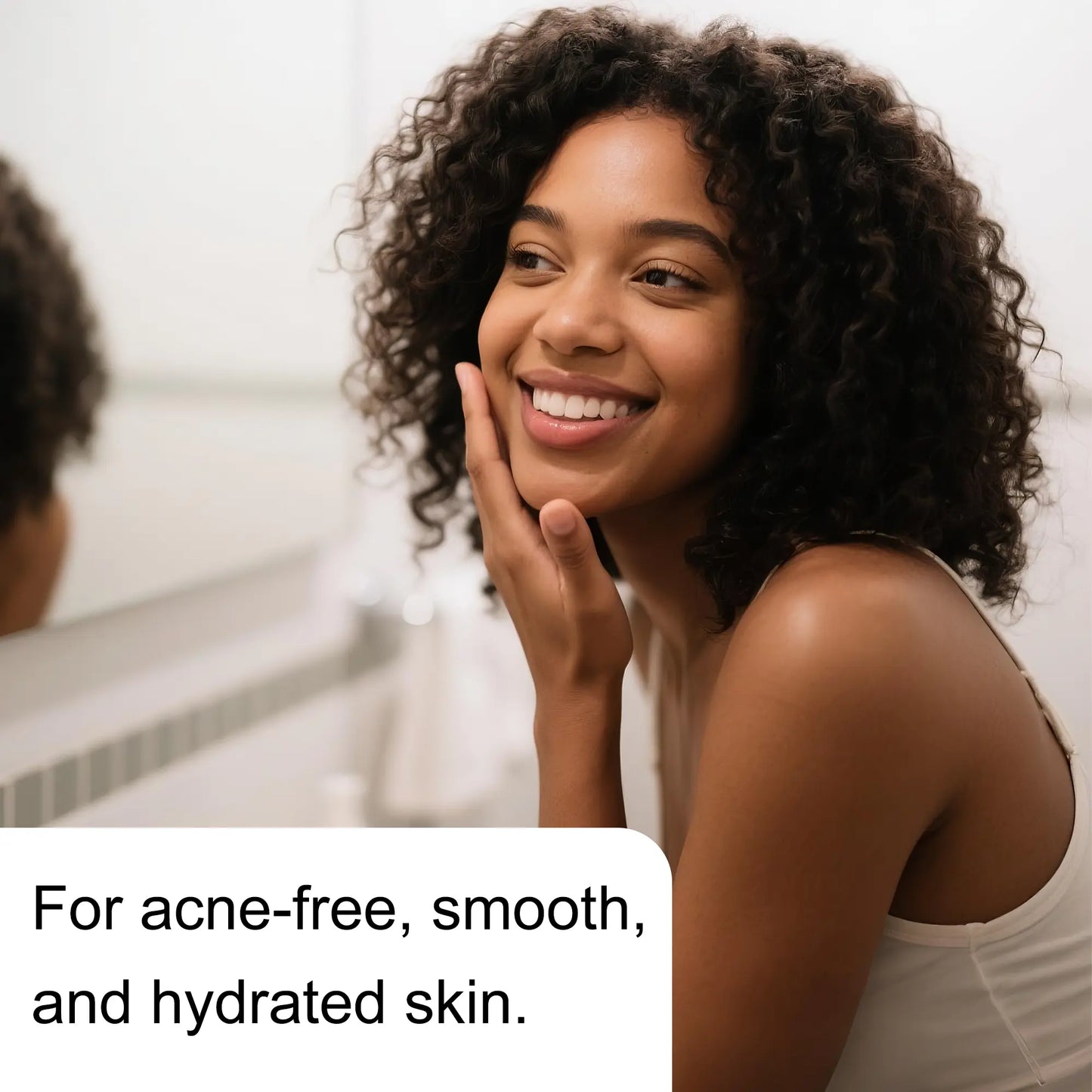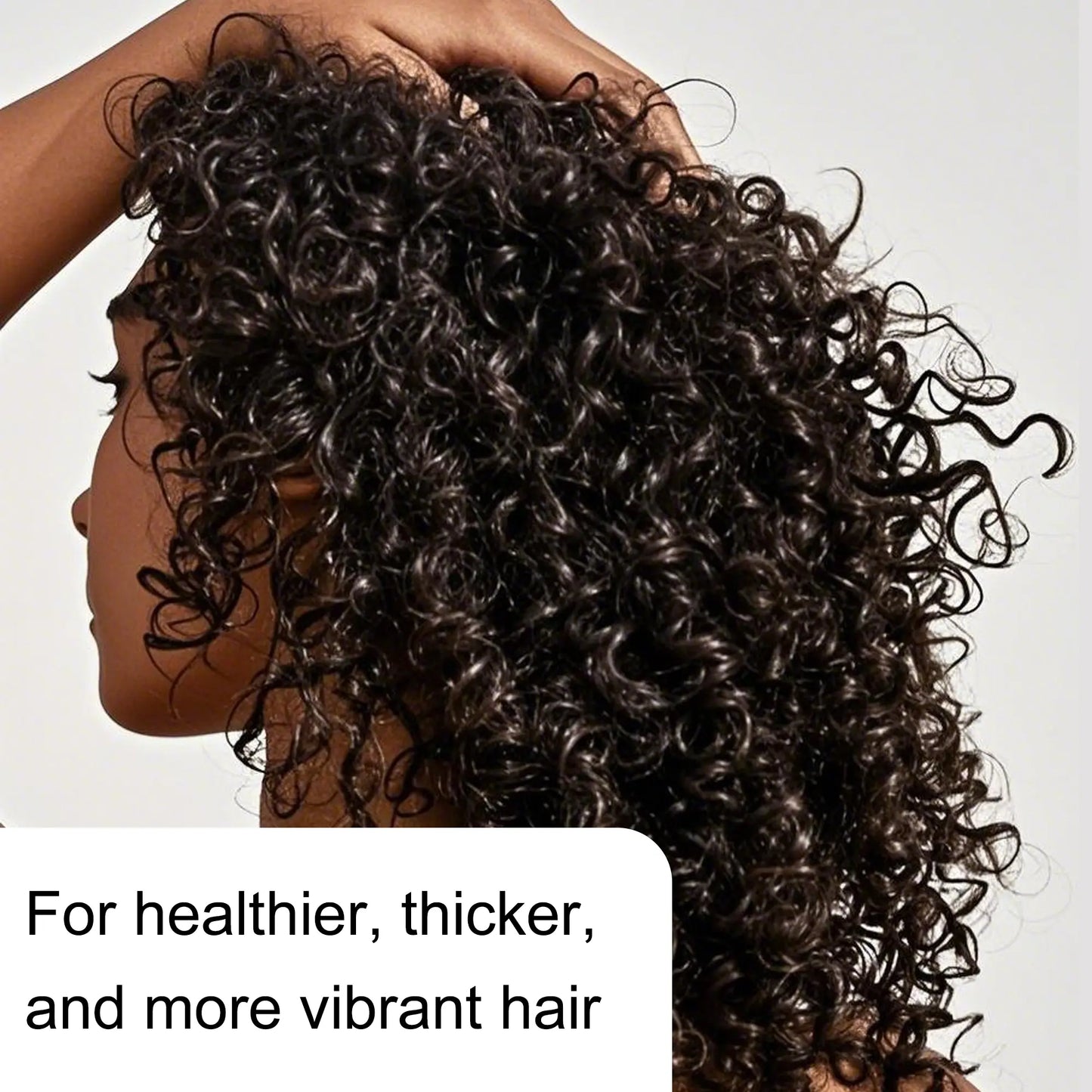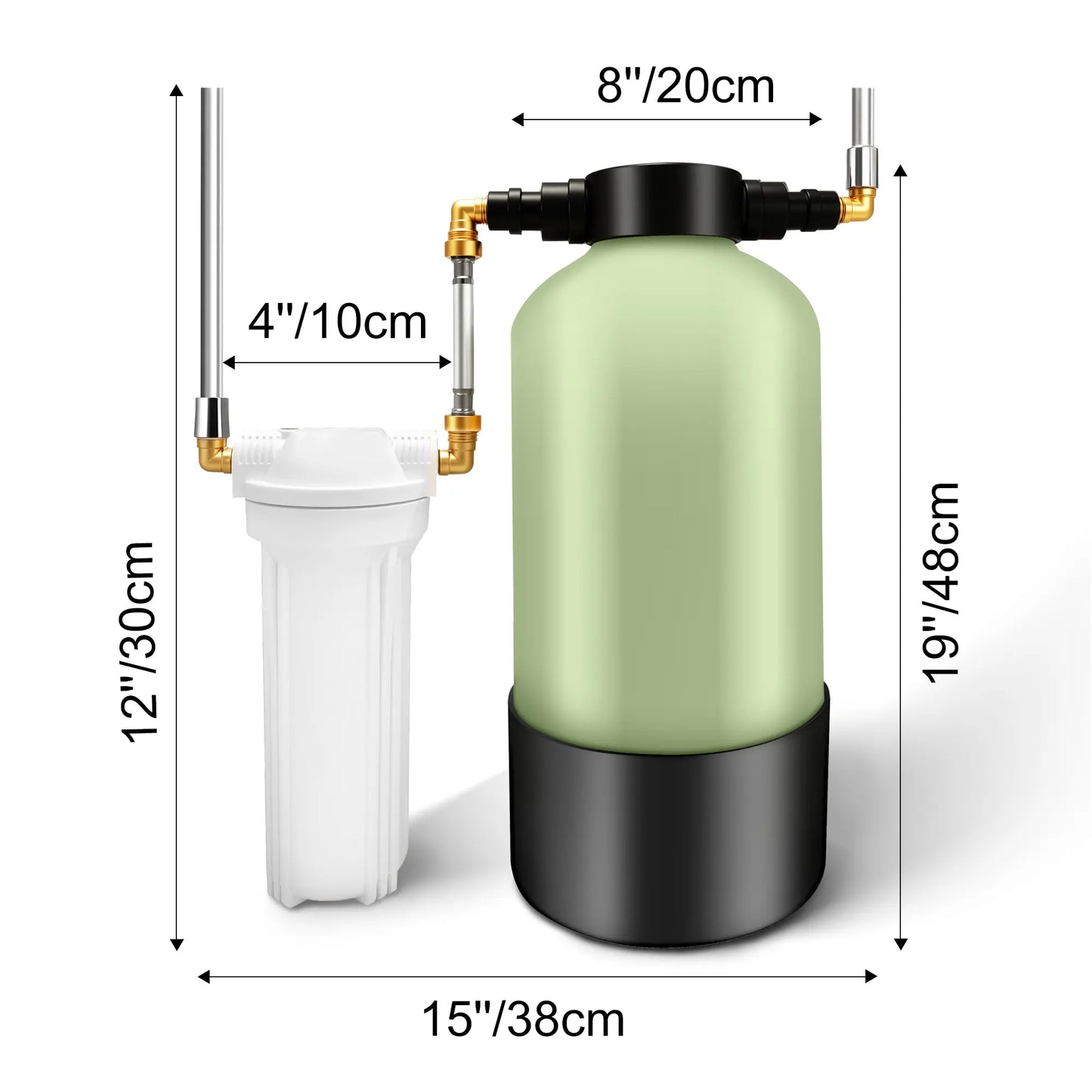When it comes to improving your home’s water quality, there’s a lot of confusing terminology floating around. Two terms that are often used interchangeably—but shouldn’t be—are water conditioner and water softener. While they may sound similar and even serve overlapping purposes, they are not the same thing.
If you’ve been researching ways to deal with hard water, scale buildup, or chlorine smell in your tap water, you’ve probably come across both options. But what do they actually do? And more importantly, which one is right for you? Let’s get into this topic so you can make an informed decision.
What Is a Water Softener?
A water softener is designed specifically to tackle hard water. Hard water contains elevated levels of calcium and magnesium. They are minerals that don’t harm your health but wreak havoc on your plumbing, appliances, and even your skin and hair.
Water softeners use a process called ion exchange, where calcium and magnesium ions are replaced with sodium (or sometimes potassium) ions. This effectively removes hardness minerals from the water entirely. The result is “soft” water that lathers more easily with soap, doesn’t leave white spots on dishes or shower doors, and significantly reduces scale buildup in pipes and appliances.
People often notice a silky or slippery feel when washing with softened water. That’s not soap residue—it’s the absence of mineral interference. Your skin feels smoother, and your hair becomes more manageable. Soft water can also extend the lifespan of water-using appliances and improve energy efficiency by preventing scale buildup in water heaters.

What Is a Water Conditioner?
A water conditioner is a broader term. Instead of removing minerals, it modifies or treats the water to reduce its negative effects—especially scale formation—without using salt or chemicals.
The most common type is the salt-free water conditioner, often using a method called Template Assisted Crystallization (TAC). These systems don’t pull minerals out of the water. Instead, they alter the structure of calcium and magnesium so that they crystallize and flow through plumbing without sticking to surfaces. In other words, the minerals stay in your water, but they don’t form hard deposits.
Other types of water conditioners include:
l Carbon-based systems that reduce chlorine, taste, odor, and sediment
l Magnetic or electronic devices, which use electromagnetic fields to alter how minerals behave in water (though these are less studied and often less effective)
l Hybrid systems that combine scale control with filtration
Unlike traditional softeners, water conditioners don’t require salt refills or electricity, and many are maintenance-free. This makes it environmentally friendly.
Key Differences at a Glance
|
Feature |
Water Softener |
Water Conditioner |
|
Primary Function |
Removes calcium & magnesium |
Alters minerals to prevent scale |
|
Salt or Chemicals |
Requires salt (sodium/potassium) |
Usually salt-free |
|
Water Feel |
Silky, soap lathers well |
No change in feel |
|
Scale Prevention |
Excellent |
Moderate to good |
|
Maintenance |
Needs salt refill, cleaning |
Minimal or none |
|
Eco Impact |
Salt discharge into wastewater |
More environmentally friendly |
|
Best for |
Very hard water, dry skin/hair |
Mild hardness, scale prevention |
Which One Do You Need?
The choice between a softener and a conditioner comes down to your water source, your lifestyle, and your goals.
If you live in an area with very hard water, a water softener is likely your best option. It will completely remove hardness minerals, protect your appliances, and give you that luxurious, clean-rinsing water feel. It’s especially worth it if you’ve been struggling with soap that won’t lather, hair that feels coated or dry, or scale buildup on faucets and shower glass because softened water allows soap and shampoo to work more effectively and it rinses cleaner and doesn't leave behind a chalky residue.
Water conditioners won’t have the same effect on skin or hair. Since the minerals remain in the water, you may still notice mild soap resistance or dryness, though less than with untreated hard water. However, if your water isn’t excessively hard but you still notice some mineral deposits, a water conditioner might do the trick.
Final Thoughts
While both water softeners and conditioners improve water quality, they do so in very different ways. Softeners remove minerals and give you classic “soft” water. Conditioners treat water to reduce scale and sometimes improve taste or odor—without removing hardness minerals.
The right solution depends on your needs. Are you tired of dull hair, itchy skin, and soap that doesn’t lather? A softener might be the upgrade you’re looking for. Want a greener, hassle-free option that still guards against scale buildup? A conditioner could be the better fit.
In either case, getting your water professionally tested is a smart first step. Once you know what you’re dealing with, you can confidently choose the system that delivers the water—and the daily comfort—you deserve.

